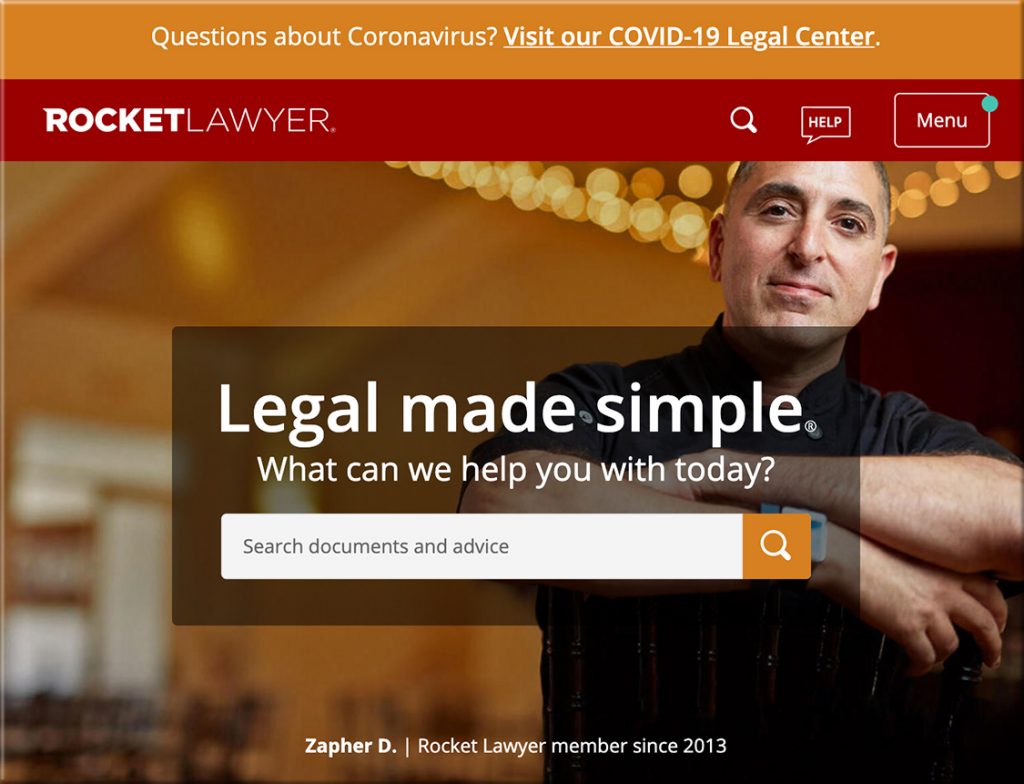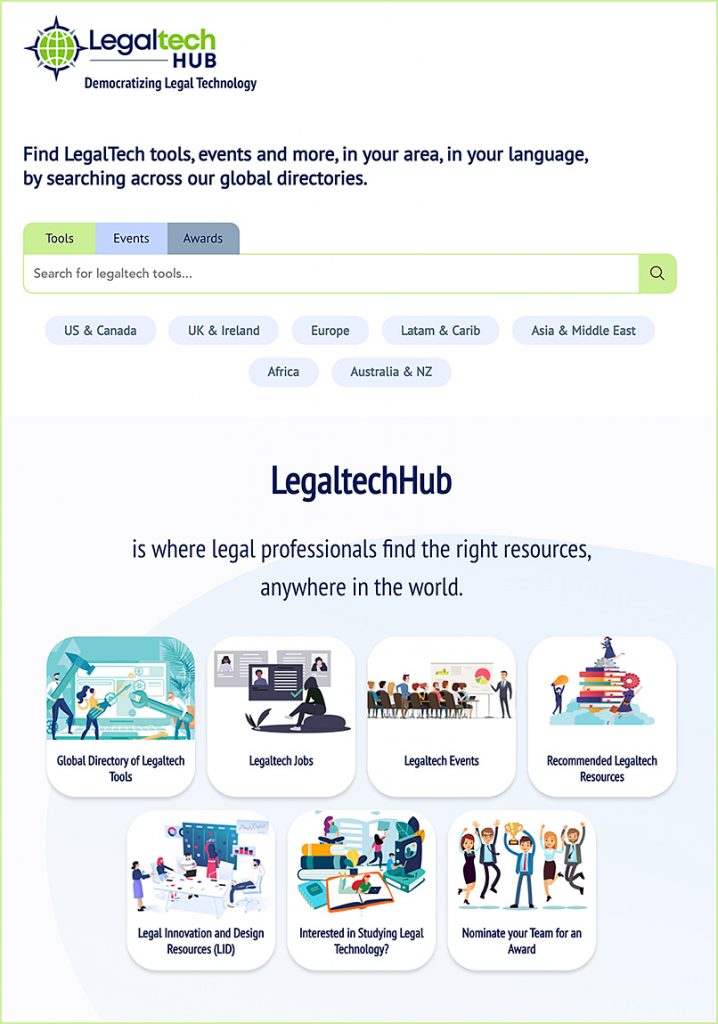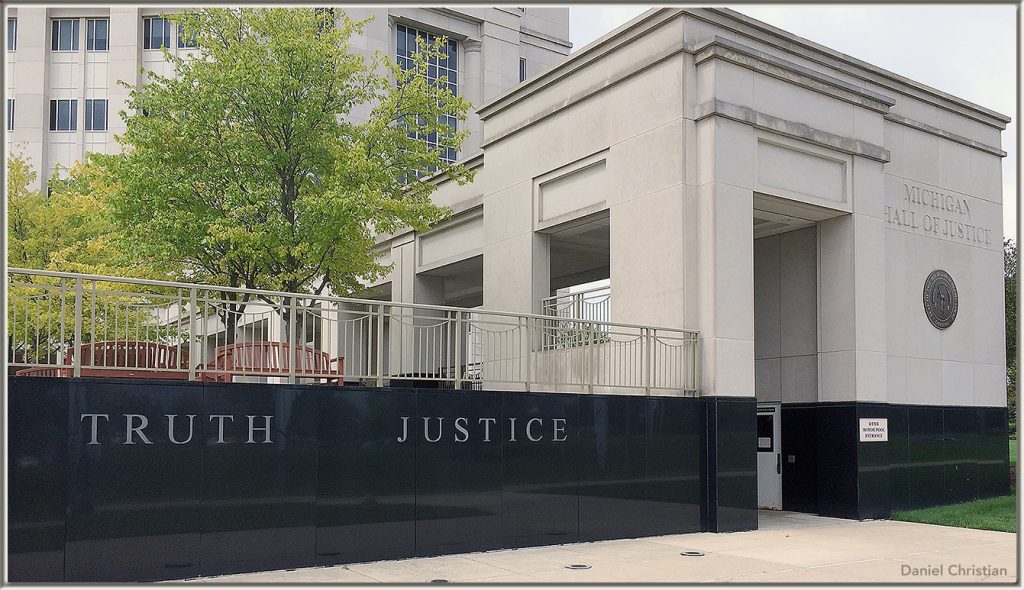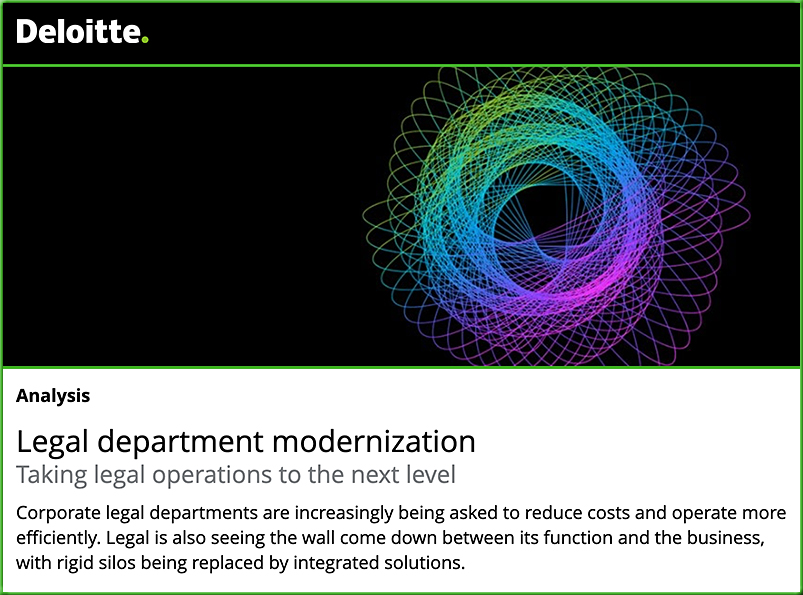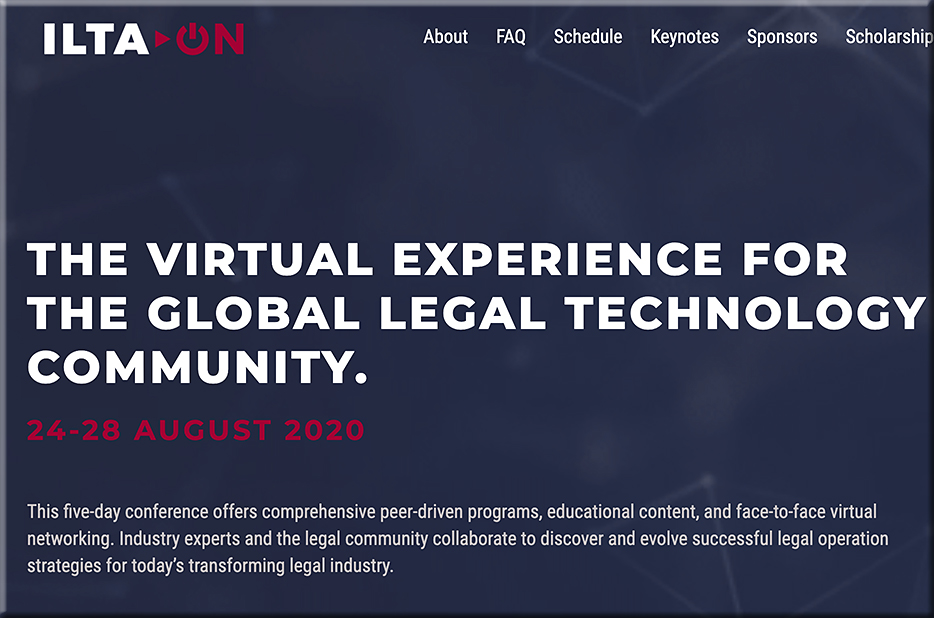On LawNext: Rocket Lawyer Founder Charley Moore — from lawsitesblog.com by Bob Ambrogi; with thanks to Gabe Teninbaum for this resource from his Lawtomatic Newsletter
Excerpt
In September, Rocket Lawyer became the first national company approved to participate in Utah’s regulatory sandbox, a pilot program for licensing new and alternative forms of legal providers and services. For Charley Moore, who founded Rocket Lawyer in 2008, it was yet another step in his quest to deliver high-value legal services at an affordable price.
…
In this episode of LawNext, Moore recounts the founding and development of Rocket Lawyer and its expansion into Europe starting in 2012. He also explains why he wanted the company to participate in the Utah sandbox and what he expects to happen there. Finally, as one of the few Black CEOs in legal tech, Moore discusses his thoughts on expanding diversity in the industry.
Also see:
Also from Gabe, see:
Justice-as-a-Service — from Henrik Zillmer
Excerpts:
There’s a new wave of customer empowerment coming. It’s called Justice-as-a-Service (JaaS), and you need to know about it because it benefits you – you just don’t know it yet.
Justice-as-a-Service is an on-demand service, powered by tech, that challenges private and public companies by representing the consumer in their fight for justice/compensation based on laws, consumers’ rights, and contract of carriage.
Why is there a need for JaaS?
- You don’t know your consumer rights.
- You don’t know how to claim and neither does the service provider.
- You don’t have the time to fight for your rights.
- Success is very unlikely.









